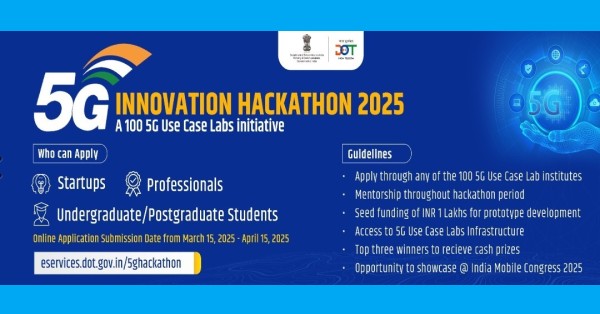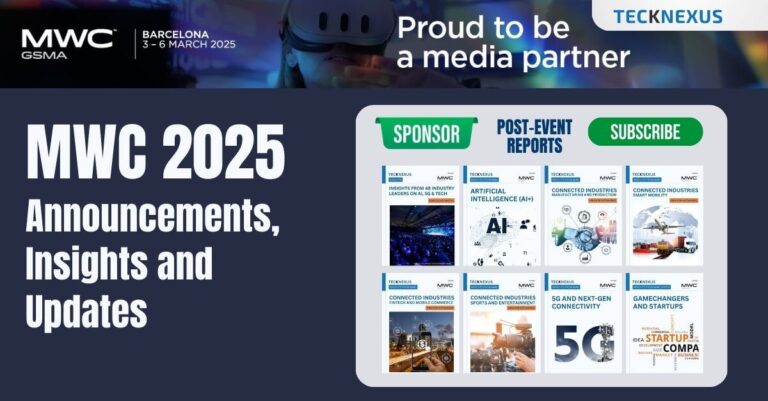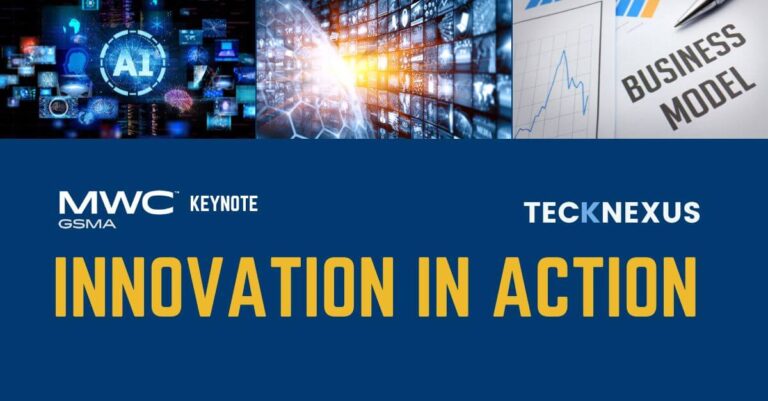Levita Magnetics’ state-of-the-art MARS robotic system offers surgeons unparalleled depth perception, designed to enable faster and more precise procedures.
In a groundbreaking advancement for medical science, surgeons in Santiago, Chile, performed the world’s first robotic surgeries combining 3D visualization and augmented reality (AR), marking a significant step forward in improving surgical speed, visualization, precision, and patient outcomes.
Surgeons used the Levita® MARS® robotic platform to perform a series of 10 operations leveraging the Meta Quest 3 headset and the B. Braun Aesculap EinsteinVision 3D camera.
“In surgery, viewing is everything, and this is a major leap forward in surgical visualization,” said Dr. Rodriguez Navarro. “The surgeon-controlled stable surgical view provided by the MARS robotic system enables us to incorporate augmented reality and 3D visualization, allowing for an unprecedented improvement in surgical view. Our goal is to empower the surgeon with the capabilities to provide a safer, faster, and more precise procedure. This is a real-world application of AR and 3D that will truly transform the way surgery is performed.”
Dr. Rodriguez Navarro, a minimally invasive surgeon and CEO of Silicon Valley-based Levita Magnetics, was instrumental in developing the MARS robotic platform. This FDA-cleared innovative robotic system features Levita’s proprietary Dynamic Magnetic Positioning™ technology, allowing surgeons to maneuver instruments inside the body using magnets. MARS reduces the number of incisions and results in faster recovery, less pain, and fewer scars*.
By incorporating immersive 3D visualization into the surgeon’s view from the operating table, Levita is enhancing visibility and depth perception, resulting in more efficient surgeries. AR headsets offer the ability to enlarge and reposition the 3D view on the dynamic screen, making surgeries more ergonomic while keeping the surgeon closely connected to the patient within the sterile surgical field.
Global Impact of the First AR-Driven Robotic Surgeries
The surgeries performed at Hospital Luis Tisné, part of the governmental healthcare system in Chile, showcase the technology’s potential to make advanced robotic procedures more accessible to public hospitals and ambulatory surgical centers (ACS), where healthcare resources are often limited.
“The use of augmented reality in robotic surgeries is a pioneering advancement in the public system in Chile and worldwide, allowing us to improve precision in abdominal surgeries,” said Dr. Osvaldo Salgado, the Vice Minister of Health in Chile. “These surgical interventions were performed using augmented reality and the Levita robotic platform, allowing the patient’s internal structures to be visualized in 3D and improving safety and efficiency.”
Advancing Telesurgery and AI in Robotic Surgery
AR headsets project a high-definition, virtual screen directly in front of the surgeon, marking the first step toward a fully integrated virtual diagnostics dashboard. While this technology is not cleared by the FDA and not yet available for sale, Dr. Rodriguez Navarro envisions providing real-time access to vital signs, patient history, previous diagnostic images and other critical information, all within the surgeon’s virtual visual field.
This innovation also opens the door to telesurgery and telementoring, with the potential to transform surgical practices worldwide, especially in remote areas without surgical expertise.
As the platform continues to evolve, the Levita team is working to integrate artificial intelligence (AI), enabling real-time surgery data analysis. This AI-powered innovation will improve decision- making during the procedure and will in the future provide automation for surgical tasks.
“We believe that AI and augmented reality will soon become the standard in surgical practice, enhancing efficiency, reducing complications, and ultimately improving patient outcomes,” said Dr. Rodriguez Navarro. “This technology is designed for a global impact, ensuring that the benefits of advanced surgery reach everyone, everywhere.”
About Levita
Headquartered in Silicon Valley, Levita Magnetics was founded by innovator and surgeon Dr. Alberto Rodriguez Navarro. Its proprietary technology is designed to advance minimally invasive surgery. Levita developed the Levita Magnetic Surgical System and MARS, proprietary technologies designed to minimize the footprint of surgery and improve patient outcomes. For more information visit levita.com.
*Based on a retrospective study of 296 patients comparing magnetic liver retraction vs. a conventional liver retractor in bariatric surgery. Patients in the Magnetic Surgery cohort had significantly decreased 12- hour post-operative pain scores and hospital length of stay.




















